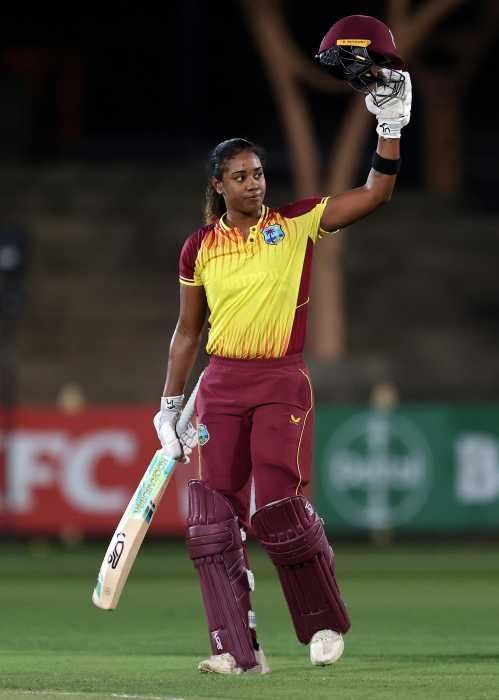Maryana Spivak in Andrey Zvyagintsev’s “Loveless,” which opens February 16. | SONY PICTURES CLASSICS
It’s very fitting that Russian director Andrey Zvyagintsev’s “Loveless” opens in the US in winter. An arctic chill runs through this film, which begins and ends with images of snow-covered tree branches over a pond. In between, it tells the story of a marriage dissolving as the couple’s child disappears. The cinematography is notably dim, even in indoor scenes where the lighting should be brighter. Russian coldness, measured in terms of temperature and emotion, runs through “Loveless.”
The director may have lifted his title from My Bloody Valentine’s classic shoegaze album, but it also just sums up the world in which his characters live.
Zhenya (Maryana Spivak) and Boris (Aleksey Rozin) are a middle-aged couple with a 12-year-old son, Alexey, going through an ugly divorce. Both of them have found other partners, with whom they spend a lot of time having sex. They can’t wait to be set free from each other, but Alexey’s existence makes that difficult. Then, one day, he disappears into the street. Boris goes on search missions through rotting, waterlogged houses looking for Alexey, but his vanishing forces them together at a point where they can’t stand spending time with each other.
Andrey Zvyagintsev explores a crisis holding together an empty marriage
Zvyagintsev’s previous film, “Leviathan,” delved into overtly political territory, examining Russian corruption and the connections between the state and conservative religion. It did not win him a lot of friends within the country. For the most part, “Loveless” concentrates on the private arena. There are one or two pointed moments, as when Zhenya ignores a TV news report about war as she runs on a treadmill, but they could take place just as easily in Sweden or even the US. In fact, all explicit references to the political realm in “Loveless” come secondhand, through the media. The private pain its characters are going through seems to shut out everything else.
Still, it’s tempting to give “Loveless” a political reading. One can take it as a conservative statement that divorce and marital hostility are dooming children to a condition where, for adults, they may as well not exist. But I think that’s a bit too literal, even if Zvyaginstev’s public statements suggest that he blames Zhenya and Boris for hastily latching onto new partners and not caring about what happens to their son.
One could also read “Loveless” as a metaphor for Russia as a country where the future is so uncertain and shaky that even middle class people, like the couples we see here, don’t know what to expect from it. They can’t even raise children in it because the future feels like a void.
Following in the footsteps of Ing-mar Bergman, many filmmakers, from Zvyagintsev’s compatriot Andrei Tarkovsky to Michael Haneke, have aped his ability to capture the pain of breakups and sense of metaphysical doom (and the way he often linked the two). “Loveless” gets it right. It helps that the look of the film is every bit as gloomy as its narrative. There’s a sense of fatalism expressed in the slow zooms Zzyvagintsev sometimes uses, especially the one that winds up peering through a window that gazes upon children playing outside in the snow. He also has a haunting sense of how to stage scenes in order to bring out their maximum amount of pain without necessarily having his characters spend five minutes screaming at each other.
A good example is a scene where Boris is driving Zhenya. The casual cruelty with which they treat each other is astonishing. Zhenya tells him she never loved him and only used him as an escape route out of her parents’ house. She also says she wishes she had an abortion. He agrees with that. While he keeps a steely expression on his face, looking ahead at the road, he eventually throws her out of the car. One remarkable thing about this segment is that the director never shows the two characters in the frame together. The sense of two people reacting to each other was put together entirely through editing and, for all I know, the actors were not actually in the car at the same time.
Last month, MoMA gave Zvyaginstev a retrospective that included the first theatrical engagement in New York for his film “The Banishment.” Although he has been controversial in Russia for his generally grim view of the country, his star is clearly rising. “Loveless” offers the sort of critique of modern European life that directors like Haneke, Ruben Östlund, and Yorgos Lanthinos are aiming for, without going overboard on misanthropy. As unpleasant as Boris and Zhenya are, it’s not in this film’s temperament to play their dilemma for black comedy or to turn Alexey into a miniature villain the way Haneke’s “Happy End” does. While clearly about life in 2017, this plays like a film from the golden age of European art cinema that ran from neo-realism to New German Cinema.
LOVELESS | Directed by Andrey Zvyagintsev In Russian with English subtitles | Sony Pictures Classics | Opens Feb. 16 | Quad Cinema, 34 W. 13th St.; quadcinema.com | City Cinemas 1, 2, 3, 1001 Third Ave. at E. 60th St.; citycinemas.com



































